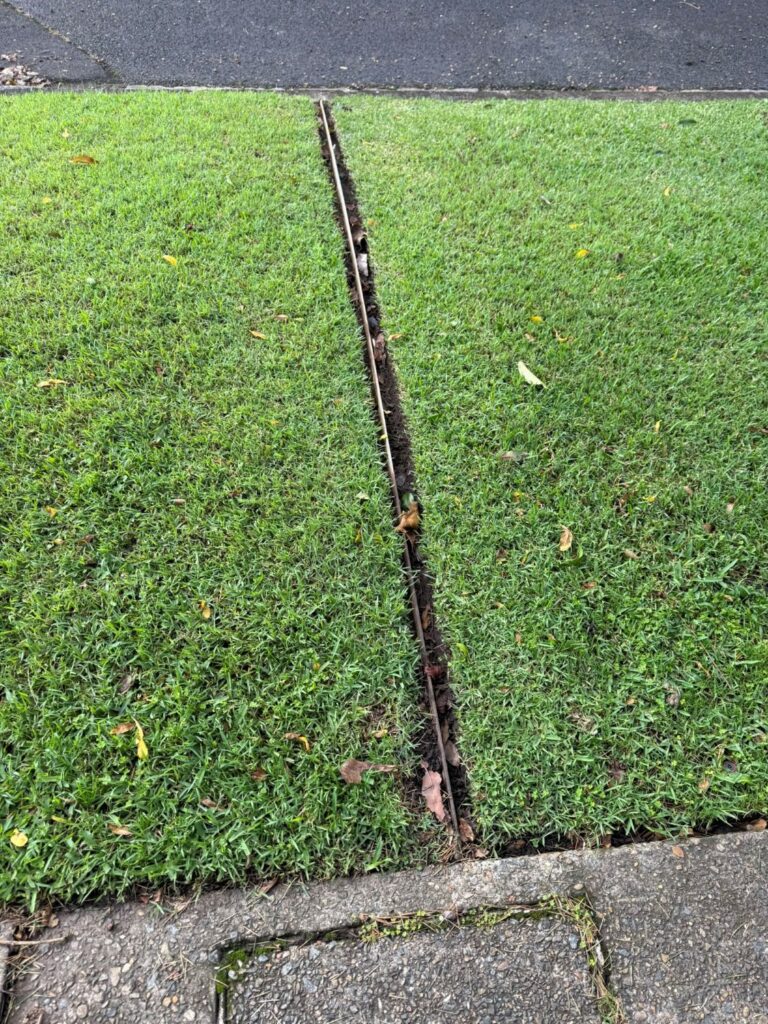In previous articles we examined why core values are a critical factor in developing effective governance in family companies; and explored suggested processes in determining individual and shared core values.
In this article we provide some practical guidance for those families embarking on the process of identifying and confirming their shared core values, based on our experience in advising family companies over the past three decades.
- Start with a list
Many families can find the beginning of this process challenging, as they may not be practised in the self-assessment and analysis required. In those situations it can be helpful to consider a sample list of values, not to use as a “shopping list” to select values which might be considered popular or uncontroversial, but merely as the starting point for more in-depth conversations. A list could look something like the following:
| Trust | Honesty | Ambition | Tradition | Integrity |
| Innovation | Work ethic | Equality & fairness | Entrepreneurial Spirit | Care for community |
| Sustainability | Having fun | Long-term view | Personal growth | Security & stability |
| Wealth | Teamwork | Loyalty | Respect | Responsibility |
| Humility | Achievement | Friendship | Learning | Authenticity |
Of course, many other values not included in this list could be relevant, but at least there is a starting point for discussion. You will also note that some of the words listed are similar in meaning, such as “integrity” and “authenticity” and there may need to be extended conversations around exactly what each core value represents for a particular individual or family group.
- How many values?
A question often asked, is “how many core values should a family firm have”? While there is no absolute answer to this, our advice would be that less is more, and that focussing on 3 to 5 shared core values represents a “sweet spot” where any more could result in a lack of focus on what is critical to the success of the family enterprise.
Some families have taken the approach that there should be two tiers of values, being “core” and “secondary” where they have identified values which may not be critical success factors, but which nevertheless they wish to acknowledge as being important in the family’s journey.
- Developing values & behaviours
As mentioned in a previous article, behaviours are tangible manifestations of an individual’s personal core values. In identifying the core values of an individual or organisation, there needs to be discussion of what specific behaviours need to be evident in upholding those core values. While these behaviours will be specific to each individual and organisation, some examples may be:
Core value – Respect
Behaviours:
- Showing appreciation and acknowledging the contributions of others
- Showing empathy and considering other perspectives
- Being courteous and treating others with kindness
- Being an active listener and valuing others’ opinions
Core value – Integrity
Behaviours:
- Being truthful and transparent
- Taking accountability for actions and consequences
- Reliability – doing what you say you will do
- Adhering to ethical and moral principles
Examples of specific behaviours should be developed based on real life situations which the members of the family enterprise have witnessed or wish to encourage. Some family firms also discuss which behaviours they do not wish to see exhibited, ie behaviours which would give evidence that an individual’s personal values were not aligned with those shared values that the family consider critical.
Family conversations on this topic can become highly charged and emotional, and many families benefit from using an independent non-family facilitator during the process.
Robert Powell FCA GAICD is the founder and Managing Director of Family Boards Pty Limited, a specialist consultancy helping family companies achieve best practice in board governance and risk management. He an accredited specialist adviser member of the Family Business Association (AU), a Graduate of the Australian Institute of Company Directors, and a Fellow of Chartered Accountants Australia and New Zealand.








